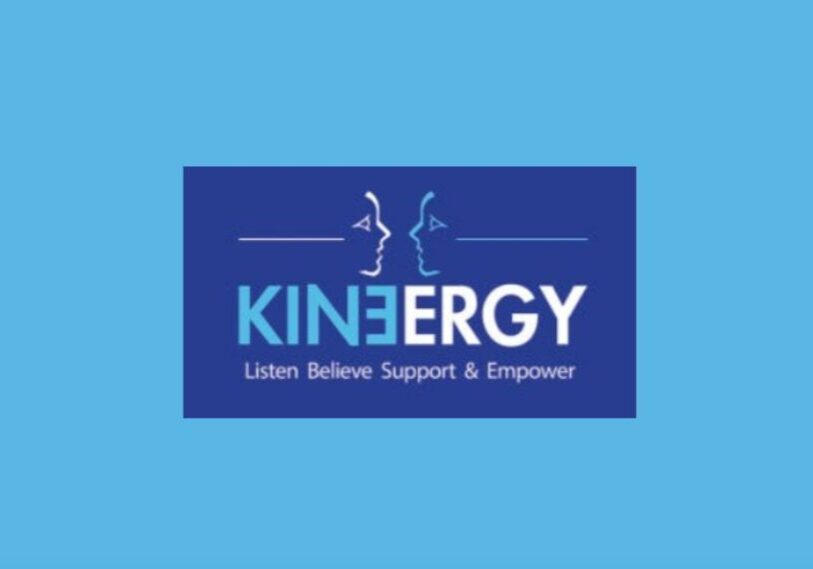Sexual Harassment in the Workplace
Creating a truly safe workplace isn’t just about having policies in place – it’s about building a culture where everyone feels supported and empowered to speak up.
**WORKER PROTECTION ACT (2023)**
On 26 October, a new law was introduced requiring all employers to take ‘reasonable steps’ to prevent sexual harassment. Does your business comply with the Worker Protection Act 2023? Find out how to protect your team and create a safer work environment below.
Our training can be delivered in-person or online and gives you the skills and tools to create an environment where people feel comfortable raising concerns, and where sexual harassment is less likely to happen in the first place.
Together, we’ll cultivate a culture rooted in understanding and consent, focusing on what drives harassment, why it thrives in certain settings, and how to respond in ways that support those affected.
By fostering a ‘culture of belief,’ we make it easier for people to come forward while making those responsible less confident in their actions.
We can easily adapt our training to suit you and your setting.



Our evidence-based training covers:
- what sexual harassment looks like and how to spot it
- why it thrives in certain industries
- the impact on individuals and the wider workplace
- how to respond to disclosures with care and empathy
- trauma-informed language to avoid re-traumatisation
- strengthening your existing policies and processes
- safe ways for bystanders to intervene
“Highly recommend training from SARSAS, very informative and everyone felt safe to ask questions, reflect and learn. Our staff team now has a better understanding of what sexual harassment in the workplace could look like, the steps to take in responding and how to ensure the organisation is a safe environment for disclosures. Thank you!”
We explore the cultural factors that can make workplaces more vulnerable to harassment, including:
Time pressure: in fast-paced environments, like a busy restaurant, it may feel easier to move staff around than to address an issue of harassment in the moment, but this avoidance sends the wrong message.
Boundary blurring: in workplaces where social and professional lives overlap, boundaries can become unclear, making it harder to address inappropriate behaviour.



This often creates a permissive environment where employee safety isn’t seen as a priority. It can lead staff to tolerate inappropriate behaviour, with harassment becoming normalised as “just part of the job.”.
However, if managers and leaders don’t handle incidents with care and urgency, employees may feel their concerns won’t be taken seriously and perpetrators are free to continue their behaviour unchecked.
What sets our specialist training apart?
With years of experience supporting survivors of sexual abuse and harassment, we bring a unique, empathetic perspective focused on real behaviour change. We help shift mindsets and give participants the skills to meaningfully address harassment.
By the end of our training, participants will not only know how to recognise and respond to harassment, but they’ll also feel confident having the difficult conversations that can transform workplace culture for the better.
How to book
- delivered in-person or online
- from £810 (half-day, online)
- from £1,440 (full-day, online)
- enquire for in-person prices
Email training@sarsas.org.uk to book or discuss your requirements.
In this section
The latest from our news and blogs

Be the change: how to be an Active Bystander
We can all be bystanders. Every day events unfold around us. At some point, we will register someone in danger. When this happens, we can decide to do or say something (and become an active bystander), or to let it go (and remain a passive bystander).

Kinergy closure statement
We are deeply saddened by the closure of Kinergy, an organisation that has provided invaluable support to survivors of sexual violence for nearly 30 years.

The power of creativity in healing: songs of survival
Recently, two people reached out to us independently, each having recorded a song about their personal experiences of sexual violence. Their powerful and deeply moving songs serve as a testament to resilience, and we’re honoured they asked us to share their work.


